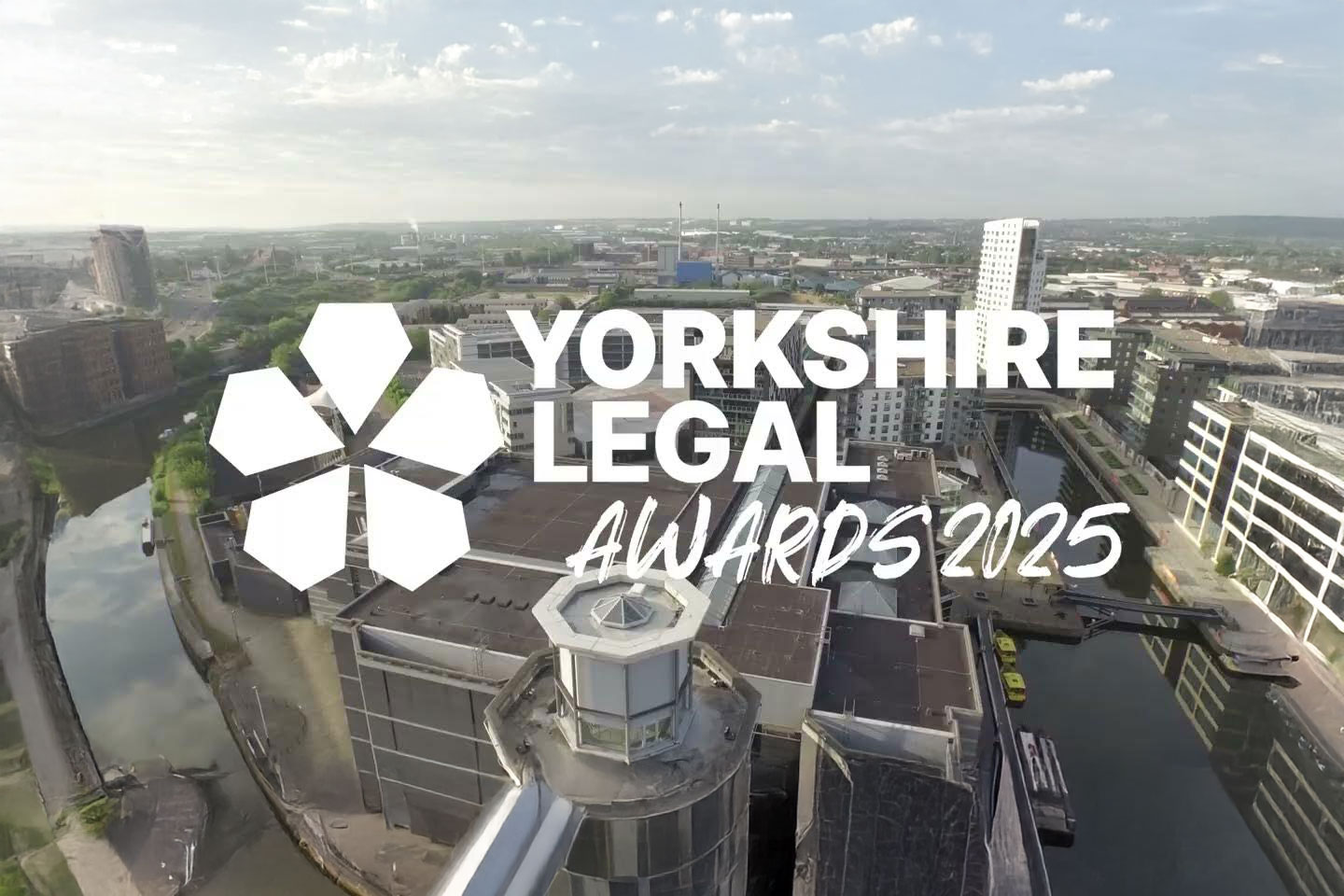Gill Raw in conversation with Elizabeth Hyde: Why Psychological Safety matters for legal & compliance teams

Hesper GRC partner with clients to enhance psychological safety within their teams and organisations. Their mission is clear: to unleash the potential of teams, driving innovation, encouraging growth, and supporting governance, risk, and compliance functions along the way. At Hesper, psychological safety is seen as a catalyst for growth - a foundation that enables teams to innovate, collaborate, and perform at their best.
Founded by Elizabeth Hyde, Hesper GRC brings a unique perspective. Elizabeth spent 17 years as a corporate criminal defence lawyer in a top-tier international law firm before following her passion and specialising in psychology. Her work focuses on embedding psychological safety and leader behavioural integrity into organisational culture; because when people feel safe to speak up, businesses make better decisions, reduce risk, and unlock innovation.
Gill Raw sat down with Elizabeth to discuss why Psychological Safety matters for legal & compliance teams.
–
Gill: Some people say psychological safety is just the latest corporate buzzword. Is it really that important, or is it a fad?
Elizabeth: I understand the scepticism, Gill - organisations are exposed to a steady stream of ‘new ideas’. But psychological safety isn’t new. Decades of research confirm that it is a predictor of organisational performance and risk resilience. For those new to the concept, psychological safety is not to be confused with well-being or mental health initiatives. Instead, psychological safety is about creating an environment where people feel safe to speak up with ideas, questions, concerns, or admit mistakes without fear of blame or negative consequences (Edmondson, A, Harvard Business School).
Across multiple industries, including highly regulated environments, we see the same pattern: when employees experience high levels of psychological safety, they are more likely to speak up to report an incident or raise a concern. For example, in my research across two FTSE 250 companies, teams with higher levels of psychological safety reported a greater share of the health and safety incidents they experienced, with reporting rates rising from 74% to 85%. In global organisations, even a small uplift in reporting can uncover hundreds of previously hidden early-warning signals.
Gill: Why is psychological safety such a critical issue for in-house legal and compliance teams?
Elizabeth: For legal and compliance teams, silence is dangerous. If employees fear judgment or punitive responses when engaging with their legal and compliance teams, they will avoid engaging until matters become critical. Psychological safety changes that dynamic. A psychologically safe environment signals that questions and concerns are genuinely invited and will be handled constructively, not punitively. It shifts legal and compliance from a perceived barrier to a trusted partner.
When employees feel safe to speak up about issues such as health and safety issues, harassment concerns, data security vulnerabilities, suspected bribery and corruption, supply chain issues, product safety, or wellbeing, legal and compliance teams have visibility and can respond and remediate. This reduces risk day to day, helps to avert incidents and protects the organisation’s reputation.

Gill: How does psychological safety within the legal/compliance team impact performance?
Elizabeth: Psychological safety not only safeguards the organisation but also creates the conditions for creativity, collaboration and high performance.
When employees feel secure in ‘speaking up’, then they are more likely to share knowledge, lessons learned (including failures) and early-stage ideas. In turn, teams will see greater innovation and stronger decision-making – key drivers of competitive advantage.
Google’s 5-year study into what differentiated high performing teams from other teams at Google, concluded: “Psychological safety is by far and away the most important of the five dynamics we found – it’s the underpinning of the other four.” (Julia Rozovsky, Google). The other four were: dependability, structure and clarity, meaning of work and impact of work.
Gill: What practical steps can leaders take to embed psychological safety and integrity?
Elizabeth: There are many ways to build psychological safety. Here are some examples:
- Talk to your teams about psychological safety. For example, run a workshop/internal training session to explain what psychological safety means and why it matters.
- Model openness. Leaders and line managers should lead by example: admit mistakes, ask for feedback, and show curiosity. When leaders demonstrate openness, others will follow
- Create a listening culture and shift from blame to learning. Psychological safety can take months/years to build but minutes to destroy. It is critical to respond productively when someone does speak up. Treat errors as opportunities to improve, not reasons for punishment. Also, be aware that if someone raises a concern and no one listens, then over time, people will stop speaking up.
- Create safe channels for feedback. Use surveys (anonymous if necessary), one to one check ins, peer feedback sessions and retrospectives. Build skills and confidence in your team around how to: give and receive feedback; manage difficult conversations; and maintain resilience under pressure.
- Recognise contributions. Thank people for raising concerns or sharing ideas. Recognition reinforces that speaking up is encouraged.
Gill: What are the risks if psychological safety is missing?
Elizabeth: Psychological safety is a business imperative that underpins governance, risk and compliance, and organisational success. When people stay quiet, your organisation may be missing critical insights, early warnings, and untapped innovation. For example, a lack of speaking up behaviours across Nokia was found to be a significant contributory factor in why it fell behind in the smartphone race (Edmondson, A.).
–
Closing thoughts
The work Hesper GRC is doing is vital for modern organisations. Psychological safety is not negotiable - it’s a measurable driver of compliance, risk management, and resilience.
For legal and compliance teams, safety must exist on three levels:
• Within their own team—to foster collaboration and learning.
• Across the wider business—to build trust and encourage early engagement.
• For the business approaching them—to ensure colleagues feel safe raising concerns without fear of judgment.
At Maven Radd, we believe these principles are essential for impactful, strategic in-house legal and compliance functions. By embracing psychological safety, teams move from being reactive gatekeepers to proactive partners who protect and enable business success.
Thank you to Elizabeth for this insightful discussion.

Learn more about Hesper GRC at www.hespergrc.com.











